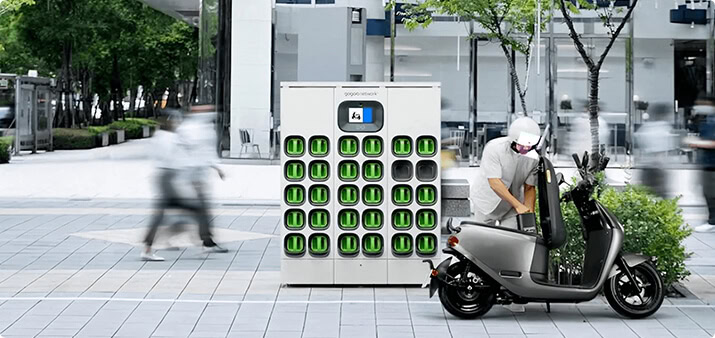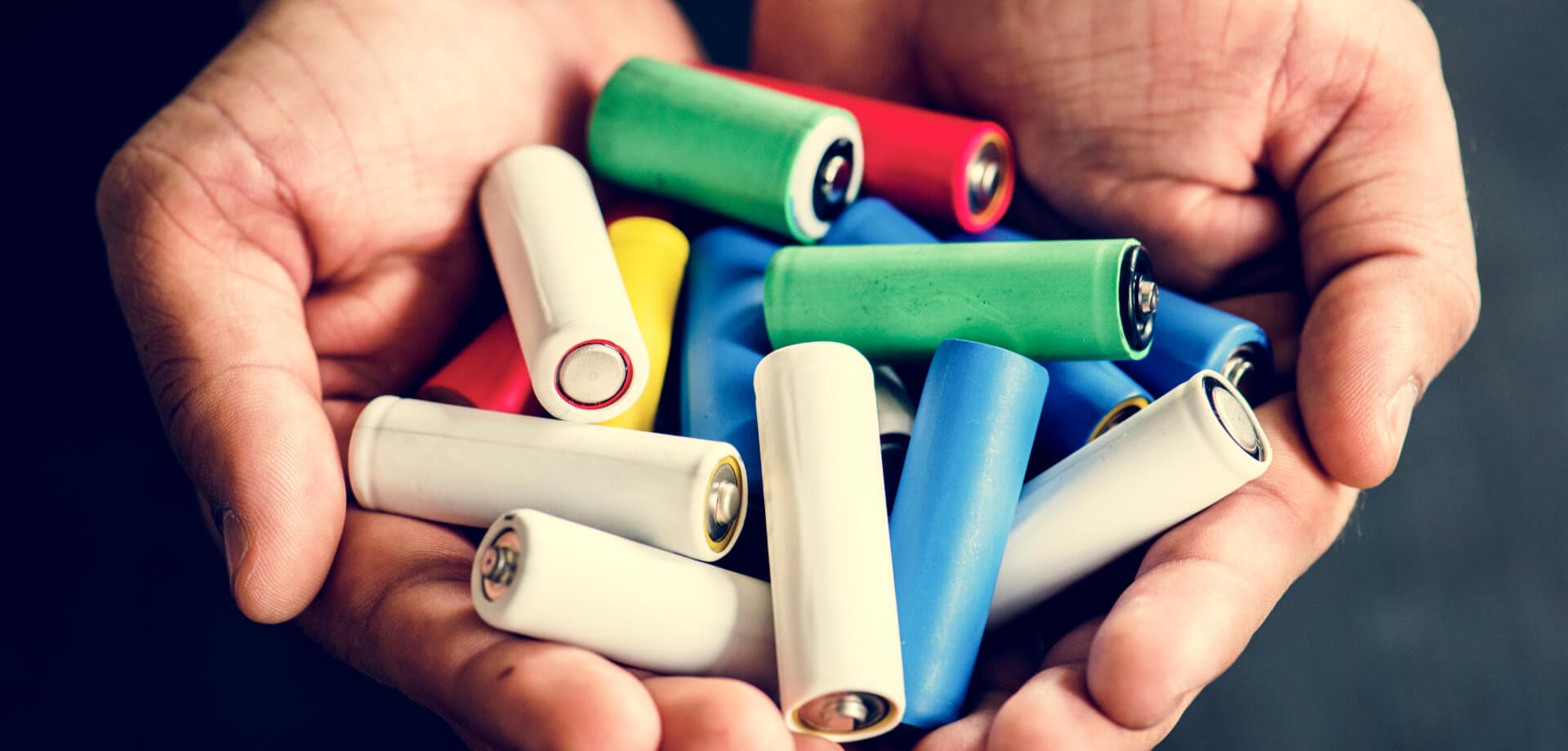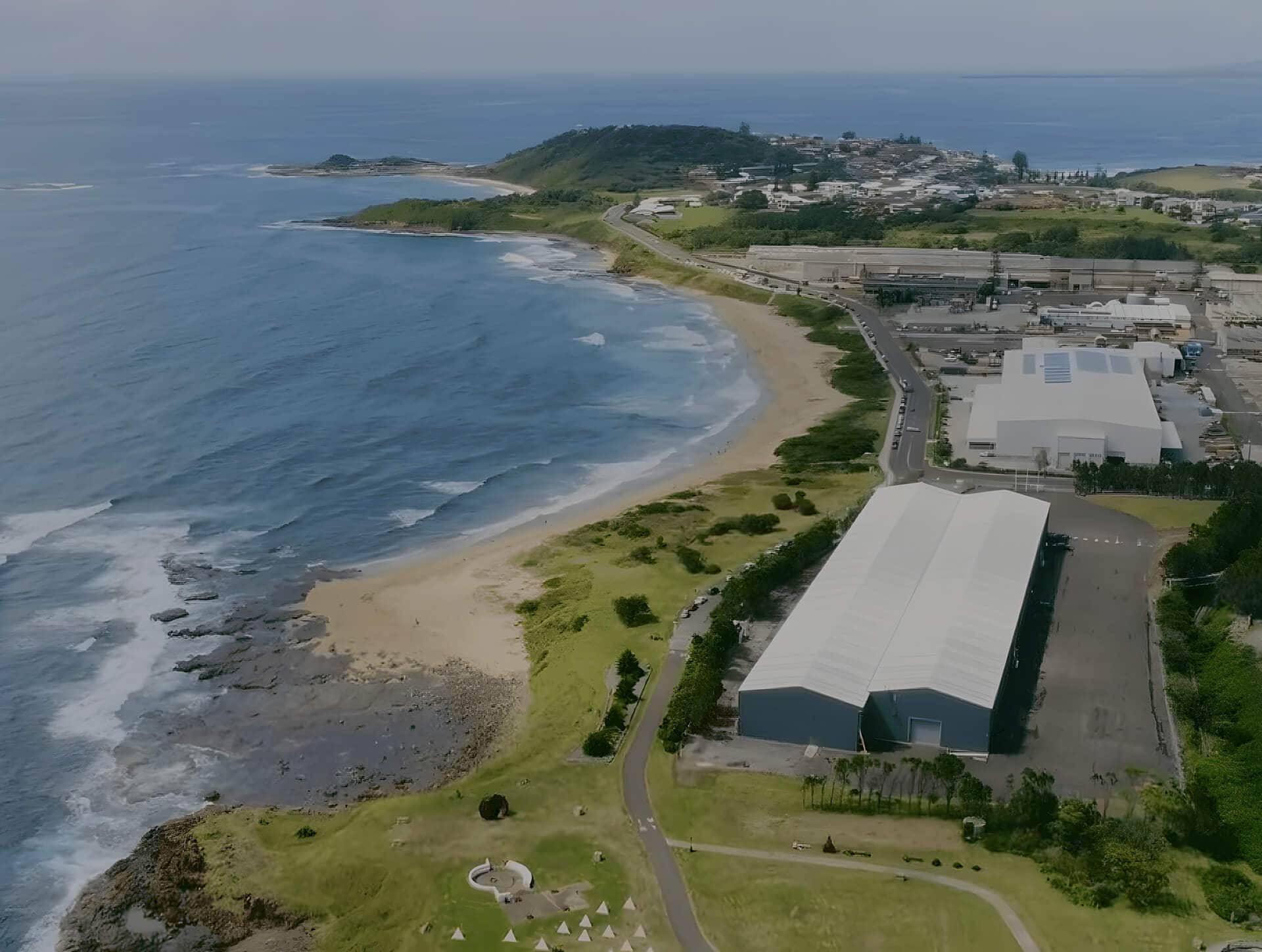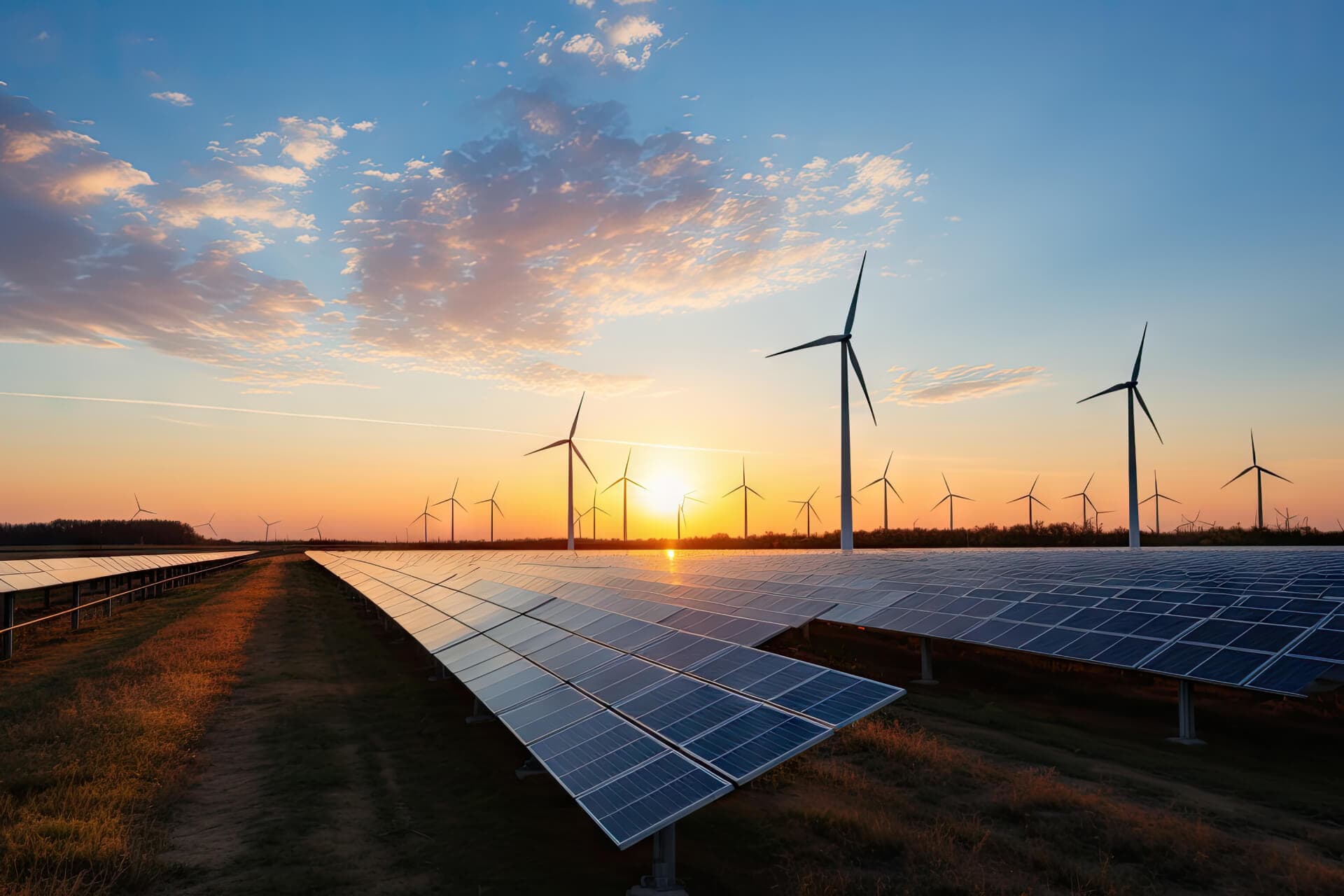We are building a legacy in fostering innovation within the energy sector with a huge focus on driving decarbonisation and electrification. Volta, an agile Indonesian startup established in 2021, is on a journey of its own, specializing in two-wheeler electric mobility.
Volta is a joint-venture between PT MCash Integrasi Tbk (“Mcash”), a public-listed digital infrastructure payment company, and PT SiCepat Express Indonesia (“SiCepat”), a unicorn logistics company. A joint-venture (JV) of these two visionary entities represents a strategic alignment aimed at revolutionizing urban transportation in the archipelago.
The opportunity
Indonesia is a significant market for two-wheelers (2Ws) and holds the distinction of being the largest two-wheeler (2W) market in Southeast Asia. Motorcycles serve as the primary mode of transportation for millions of Indonesians – today, there are ~125 million internal combustion engine (ICE) two-wheelers registered on the roads in Indonesia. This, alongside other factors like urbanization, population expansion, and the increasing disposable incomes of the middle class, provides a huge opportunity for electric two-wheelers (E2Ws) adoption in Indonesia.
The Indonesian E2Ws market is also poised to benefit from favourable government policies, indicating substantial growth prospects. In pursuit of their net-zero carbon goals, the Indonesian government, through Presidential Regulation No. 55 signed in 2019, has pledged to achieve 13 million E2Ws on the road as well as an annual production target of 2.5 million E2Ws by 2030. However, as of 2022, there were only about 78,000 registered E2Ws in Indonesia and this highlight the urgency for growth and tremendous opportunity in this space. To accelerate growth, support in the form of incentives and government subsidies are provided to electric vehicle manufacturers.

Hurdles to E2W adoption
However, the transition from ICE based vehicles to E2Ws are not without its challenges and there are several barriers in Indonesia’s nascent market, such as:
| High costs | E2Ws typically incur significant manufacturing costs – which translates into higher selling prices compared to traditional fuel-powered motorbikes. This poses a substantial hurdle to adoption, especially in Indonesia’s price-sensitive market. |
|---|---|
| Mileage anxiety | On a full charge, most E2Ws in the market can only travel half of an ICE vehicle range. E2Ws have an average mileage of ~60km, whereas ICEs can cover 130km-150km on a full tank. This might not be appealing to consumers as it would necessitate more careful planning of their commute. |
| Lack of charging infrastructure | Establishing charging infrastructure demands significant capital investment and real estate, posing challenges in densely populated and congested cities like Jakarta. As public charging stations are not widely accessible, most electric vehicle charging is done at home and takes longer (i.e. hours) than conventional refueling (i.e. minutes). |
Charging into the future of transportation
In the pursuit of Indonesia’s foray into the realm of electric mobility, Twin Towers Ventures has partnered with Volta, one of the leading market players in electrifying Indonesia’s USD150 billion two-wheeler industry. Volta has tackled head on the hurdles to E2W adoption with the following solutions to address consumer pain points:
| Affordability | Volta motorcycles are offered at competitive prices compared to traditional ICEs, with their vehicles priced as low as USD760 (i.e. Volta 401 “Lite” models, targeting the same mass market customer segment). With the inclusion of government subsidies, the cost to own an E2W is even more affordable. Recognizing the economic realities of Indonesia’s predominantly prepaid economy, Volta also offers bike leasing options, making electric mobility accessible to a broader customer base. |
|---|---|
| Reinforced mileage | Volta’s motorcycles are designed with a battery-swapping infrastructure, which proves to be significantly faster than wired charging methods (i.e. seconds vs. hours). Additionally, these bikes are designed to accommodate 2 spare batteries (i.e. 3 batteries on board), ultimately enabling mileage of up to 180km. In comparison, most competitors either lack additional battery storage entirely or, if present, only provide space for 1 spare battery. |
| Extensive swapping network | Volta’s swapping network has been made widely available through its 350+ stationary and mobile swapping stations across over 40 cities throughout Indonesia. Leveraging its parent companies’ networks, Volta has established relationships with Indonesia’s prevalent quick-stop shops or “Warungs” to place swapping stations on-site with minimal capital outlay. |
Volta’s path to sustainable mobility
Volta’s electric mobility roadmap unfolds with innovation and strategic expansion, aiming to diversify products, expand market presence, and scale up charging infrastructure in Indonesia. With a global vision beyond borders, Volta aims to reshape urban mobility dynamics. Grounded in environmental responsibility and innovation, Volta’s journey hints at a future where commuters experience a more sustainable and accessible mode of transportation.




